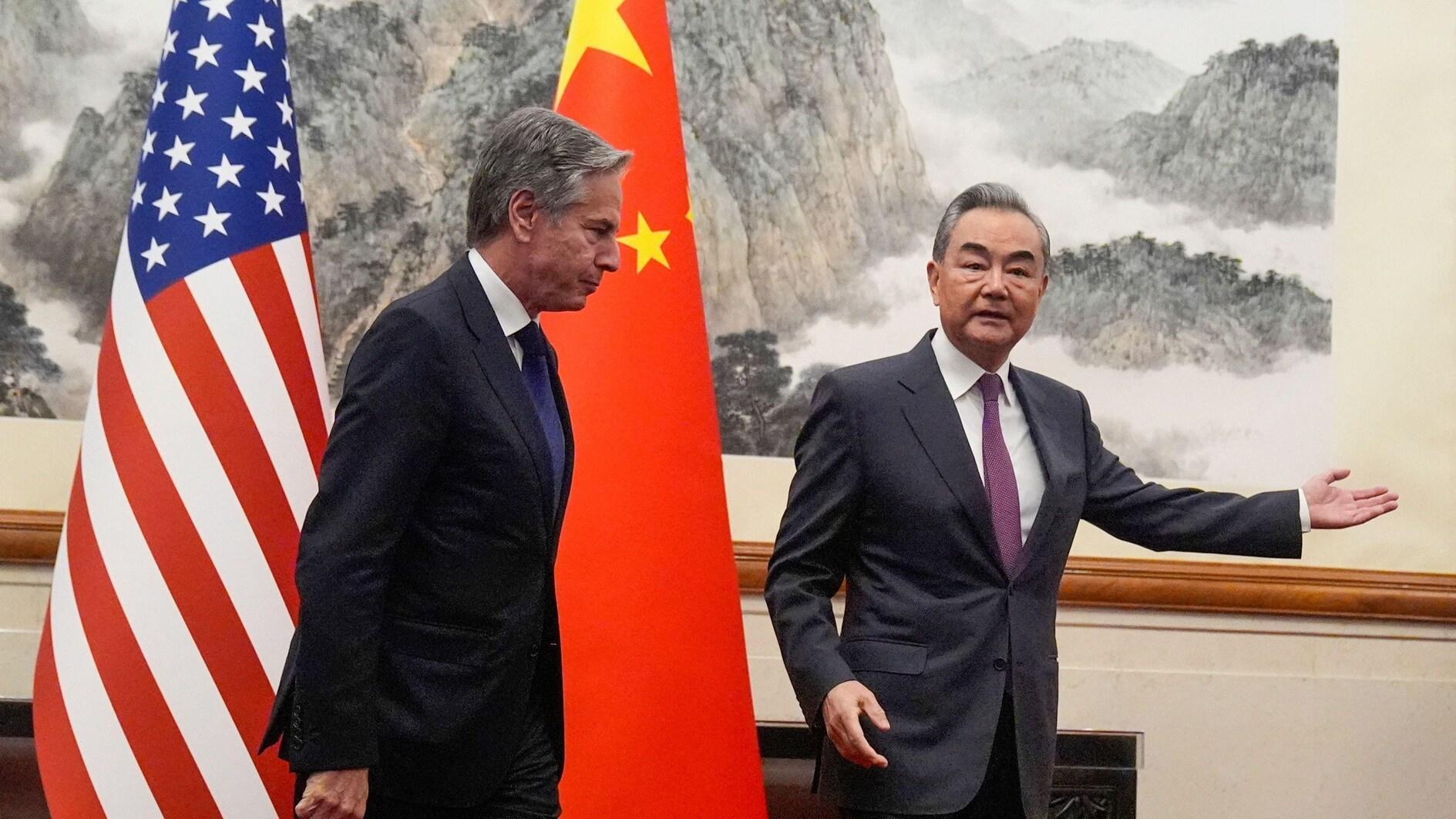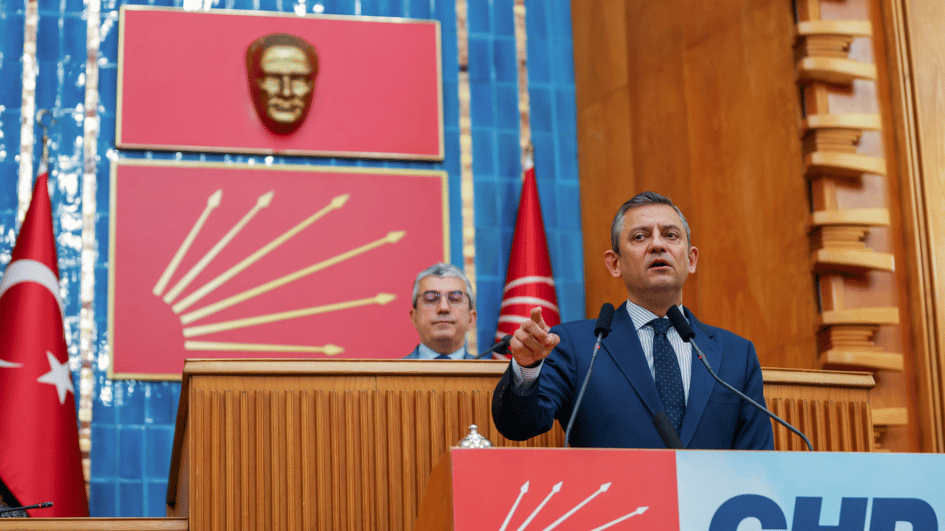Southeast Europe’s Energy: less confrontation, more collaboration
Mehmet Öğütçü - Dimitar Bechev
One of the key strategic issues we discussed at the 12 December launch of The Bosphorus Energy Club at Sait Halim Pasha Yalisi was how the global game-changers in energy would affect the resource poor Southeast Europe, sandwiched between the major regions of the world.Southeast Europe or the Balkans has witnessed a centuries-old battleground between European powers, Russia and Turkey for geostrategic influence and economic supremacy. In modern times, it has emerged as a new battleground where Russia keeps pushing for its continued energy dominance through Gazprom’s natural gas pipelines, electricity trading and Rosatom’s nuclear power plants.
Diversification of gas supplies has long dominated the agenda in the region and Turkey, where energy has traditionally been the Achilles’ Heel or “soft-belly”. Europeans try to neutralize the risk of Southeast Europe falling under the complete Russian sphere of influence due to heavy dependence on imported energy.
Moscow is taking steps to defend its dominant position in the region while the European Union is seeking to blunt Russia’s use of energy resources to wield influence. Despite previous efforts, the Black Sea has so far not produced much gas because deep water and tough geology have required costly high-tech equipment. Gazprom is pushing ahead with the 2,500 km-long South Stream, €17 billion pipeline to pump 63 billion cubic meters of gas a year by 2016-17 as the pipeline’s onshore sections in Bulgaria and Serbia kicked off in past weeks.
Now that TANAP and TAP have reached final investment decision stage, Southeast Europe will have a new game-changer as the EU’s gate to untapped hydrocarbon resources in its neighbourhood. Bold ambitions for a Southern Corridor pumping gas into Europe have been scaled down. It will be years, and certainly not before 2018, before Azeri gas starts flowing into the region.
Unconventional gas from the US is still not exported but its effects are already felt thanks to the plentiful coal displaced to Europe. As prices have gone down utilities across the Old Continent have switched away from more expensive gas. In Turkey alone more than 50 plants with combined capacity of 37,000 MW has been proposed.
But cheap coal will only buy time, not present a long-term solution. The interconnection of national gas grids is setting the conditions for a more competitive market where price convergence substitutes fragmentation.
Interconnectors allowing reversible flow will lead the way. Turkey is already linked to Greece, with Bulgaria soon to follow suit. Such cross-border links will allow countries of the region to tap into gas hubs such as the one at Baumgarten in Austria. They will also link to the three existing LNG terminals in Turkey and Greece. Istanbul Energy Exchange, soon to take off, is likely to become the new energy hub for petroleum, natural gas, coal and electricity markets of the Southeast Europe.
Even sceptics would concede that EU policy has started to bite. The European Commission has recently taken over from six member states in renegotiating the terms of agreements covering South Stream. The anti-trust probe launched against Gazprom in Brussels over abuse of market position doubtless makes a difference too. Striking down standard clauses in the long-term gas contracts such as the ban for re-export and take-or-pay will untie the hands of importer countries, make markets more flexible and bolster competition in the gas trade.
Countries in the region, from Turkey to Slovenia, have renewables and nuclear resources to harness. Renewables have come under pressure of late but in the long term, as technology for solar or hydrothermal power become cheaper and more readily available. Regional cooperation in these areas can be a game changer too as South East Europe’s potential is developed in sync, smart grids and storage facilities are put in place along with adequate cross-border infrastructure integrating the region into a single marketplace in electricity.
Irrespective of progress in its EU accession process including the famous chapter 15, Turkey is already well embedded in the European energy markets. Governments in the Southeast Europe should do more to develop long-term, integrated and harmonised strategies on a multilateral level, with the involvement of diverse key stakeholders such as energy firms, investors, financiers, the manufacturing industry and consumer groups, as well as the region’s supranational, regional organisations, and development banks.
The next stage in the history of the Southeast Europe should not be yet another battleground for military, political, economic and energy dominance– instead, let’s forge a ‘win-win” collaboration and integration in energy among EU, Russia and Turkey.
*Mehmet Öğütçü, Executive Chairman, The Bosphorus Energy Club and Dimitar Bechev, Director, European Council on Foreign Relations











